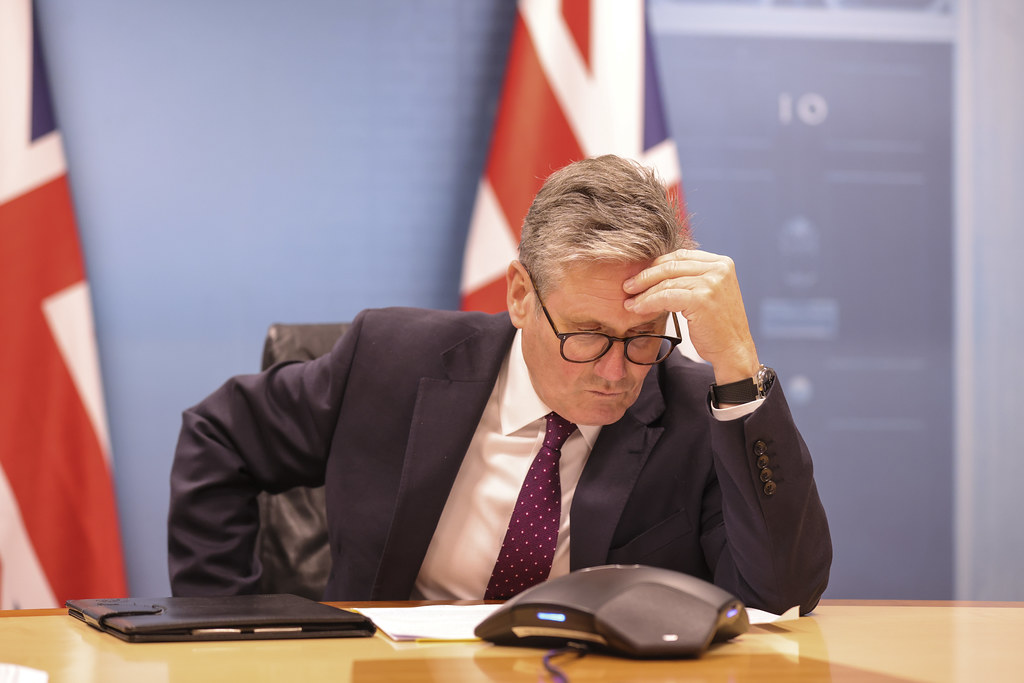
Our focus now is on supporting the UK government’s plans to mitigate the effects of new tariffs introduced by the United States. These tariffs have the potential to drastically shift trade patterns, particularly within the automotive industry. In 2024, the UK’s biggest export to the US was cars and auto-parts, worth nearly £9 billion. Never mind that the US has recently implemented a 10% tariff on all imports. Moreover, a punitive 25% tariff now applies directly to car imports, fueling fears over the deluge of goods threatening to flood the UK market.
UK Government Moves to Protect Domestic Industry
The UK government has decided that the EU’s concerns around the sudden influx of competitive US goods would be enough to cause significant harm to UK producers. In light of these changes, PM Sir Keir Starmer is making his move. He is reportedly planning big industrial policies to shield British business from the storm these tariffs could create. This strategy tries to shield local industries but make sure they’re doing so in competitive ways despite international pressures.
The UK government has introduced new measures to stop damages before they occur. They have mentioned passing in introduction safeguards to restrict the flood of dumped foreign steel. This action comes as they prepare to ease any current targets related to foreign steel imports. In a widely expected announcement, the minister will give the keynote speech at an event in the West Midlands on Monday. This speech will serve as the formal introduction of those changes.
Collaborating with the Trade Remedies Authority
Beyond these remedial measures the Department for Business and Trade are in the process of working closely with the Trade Remedies Authority. This is now expected to become a regular standing collaboration with the aim of tracking any undue harm UK industry faces from the tariffs. The Trade Remedies Authority will need to be a key player here, both in measuring and reacting to these challenges.
To this end, the government is aware that smaller luxury car manufacturers like Aston Martin and Rolls-Royce may require specific considerations. To help these businesses succeed, Cabinet members pledged to provide more flexibility on annual sales mandates. This will provide them considerable latitude until the 2030 cut-off date to meet increased standards.
The UK government seems poised to make a counter-announcement of a string of investments. As part of their overall strategy, these initiatives will help to catalyze a modernized future UK industry and infrastructure. Their willingness to take this proactive approach is a testament to their commitment. They need to ensure that British businesses are prepared to meet the challenge of foreign tariff protection.
Author’s Opinion
The UK government’s proactive approach to addressing the impacts of US tariffs is a necessary and timely response to the evolving economic pressures. While the new industrial policies and collaborations with the Trade Remedies Authority are steps in the right direction, their success will depend on effective implementation and long-term sustainability. Given the complexity of the global trade environment, these measures might help UK industries adapt, but continued flexibility and investment will be crucial in navigating future challenges.
Featured image credit: Number 10 via Flickr
Follow us for more breaking news on DMR
